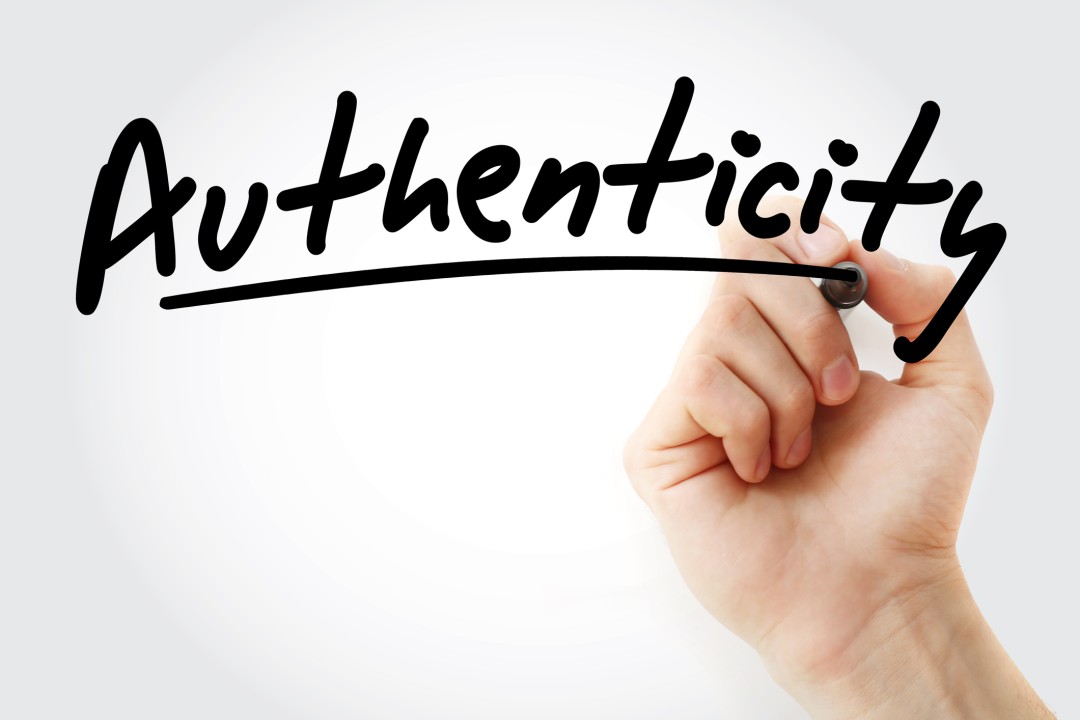“To thine own self be true” from Shakespeare’s play Hamlet, is one of the most famous quotes from The Bard’s works.
The essence of these words has great staying power and meaning, especially now.
Applause for authenticity
When asked how they’d like to come across in their leadership roles, more clients than ever share that they’d like to be authentic, natural, and genuine. They want to be true to themselves – not phony, fake, put on, or overly packaged.
We coaches, of course, applaud these aspirational adjectives.
Feeling comfortable and “like yourself” can contribute to smooth, valuable, and positive interactions. Feeling inauthentic can lead to stiff delivery, gestures, and facial expressions.
Kayla, a marketing leader in biotech, was asked to speak at a town hall. She was more nervous than usual, stumbled over statistics, and was told she seemed “scripted.”
Why? Kayla was in the challenging position of not believing what she had to say to her team. Her desire to be authentic clashed with what company executives needed her to say. Quite a challenge!
The Dilemma
Communication coaches understand that solely relying on your “real self” may not always align with achieving your goals.
It’s important to stretch beyond “doing what comes naturally” in order to build your executive communication toolkit and success.
Authenticity Awareness Quiz
Answer these three questions to determine if moving beyond being authentic is a valuable goal for you.
- Does my authentic self always help me get the desired results in this situation?
- Does my authentic self always help me to build and maintain relationships?
- Is my current toolkit of skills consistently effective for professional growth and success?
Most motivated professionals answer No to one or more of the above questions. Terrific! That shows a desire to expand their comfort zone, add new strategies to their toolkit, and experiment with feeling “authentic in new ways.
Executive communication coaches reassure our clients that:
- Authenticity + Building Best Practices is an ideal professional formula.
- New behaviors will feel awkward at first. Within three to six months, they will be part of your natural self.
- You will experience success as you expand your executive communication repertoire and, at the same time, still believe “To thine own self be true”.




